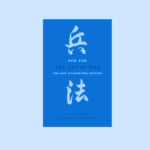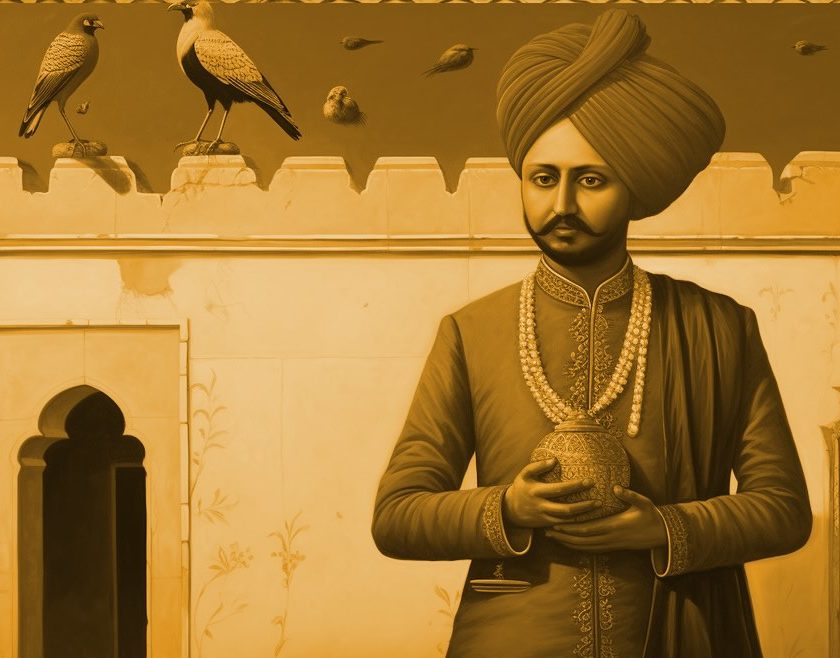In a world of consumerism, the verb “to eliminate” may seem antinomian. However, this verb is strong as it brings us clarity and simplicity. Elimination is a universal principle present in both nature and our bodies: what we eat, we eliminate naturally. Problems arise when we hold things in. On a psychic level, the absence of elimination leads to a rehashing of thoughts that can lead to neurosis, for example. On a physical level, storing fat or waste within us is also a factor of poor health. So why shouldn’t we copy our body, which is endowed with exemplary wisdom? What does it mean to make the verb “to eliminate” an important part of our daily lives?
The first principle of elimination is non-consumption: it is easier to lose the calories that we have not taken. This implies that we must be scrupulous in choosing what we bring into our lives, whether it be psychic or physical. Thus, eliminating forces us to be selective.
Going the other way: from consumer to producer
The second principle of elimination is to think in terms of creation and not consumption. We can say that today the world is divided into two groups: consumers and creators/producers, the second group being the one that truly lives in an emancipated way. If you make the choice to shape your brain to become a creator, you will see the world differently.
It can be said that in some ways, consuming is a nihilistic act. Indeed, we can see in excessive consumption the expression of an existential emptiness that finds no satisfaction. The emptiness is mainly linked to the loss of meaning and taste of life that we try to hide by all kinds of artifices. What could be better than to create to find the meaning of existence.
To create is to manifest an energy and to spread it around you. When we are in a creative process, we no longer see objects as instruments intended to bring us pleasure, but rather as tools intended to serve our creation. The search for pleasure through objects is vain because it is inexhaustible. On the contrary, being in a creative process pushes us to seek the joy that occurs when working with objects or ideas. Elimination is a healthy action in any cycle. For energy to circulate in a healthy way, there must always be a way out, otherwise it stagnates and finally alienates us.
The world would be divided: between consumers and producers. By nature, we are creators: a child is curious and constantly seeks to create new things with his fingers. Education as we know it today places us more in a passive role, that of directing knowledge. This changes the original paradigm from producers to creators. Subsequently, our profession puts us back in a position of producer (of a job), yet the education we received and the current world push us to maintain a consumer mentality. To consume is to exist. To buy is to be useful. We have a purchasing power, it is a power, certainly, but what about the other powers of human existence? With this expression, we have the impression that we have delimited the power in which people’s lives should be exercised. Consumption through purchase has become the majority sphere in which our power is exercised. This is a way of forgetting that we have many other powers, starting with the power to create. To create is to go beyond the “consume and shut up” model.
Simplify is a necessity
Elimination would be imperfect if it weren’t for another equally important verb, the verb to simplify. Sometimes you can’t eliminate something, it’s just not possible, that’s where the verb “to simplify” comes in, which is actually just another expression of the verb eliminate. Indeed, simplification consists most of the time in eliminating underlying tasks. Let’s say you want to spend less time on public transportation each day. You can’t not take transportation to your office (if telecommuting is not possible). One can think that the number of passengers affects the speed of a public transport: the more people there are, the slower it will be (more stops, more interactions and waiting time). So, taking this principle into account, you decide to go to work much earlier, allowing you to avoid the crowds and their subsequent delays. You could also negotiate with your boss to leave earlier in the evening to avoid the crowd as well. At first sight, this solution is not simplifying since nothing has really changed, your journey will remain the same. In reality, you have found a simple solution to a problem, so you have simplified. And without realizing it, by simplifying you have eliminated things. You have eliminated time for sleeping in the morning (so you can get up earlier), you have “eliminated” the people who made up that daily crowd, you have eliminated the time intervals that delayed you. If this example doesn’t convince you, here is a second one. Imagine that you wanted to design the simplest computer possible, so that it could be used by everyone, including the elderly. What would you do with a traditional computer? Chances are that you would be more into a process of elimination (of keyboard keys, icons, steps to perform an action). Eventually, you could add things (a touch screen etc.). However, in the end simplification will be more a process of elimination than addition.









